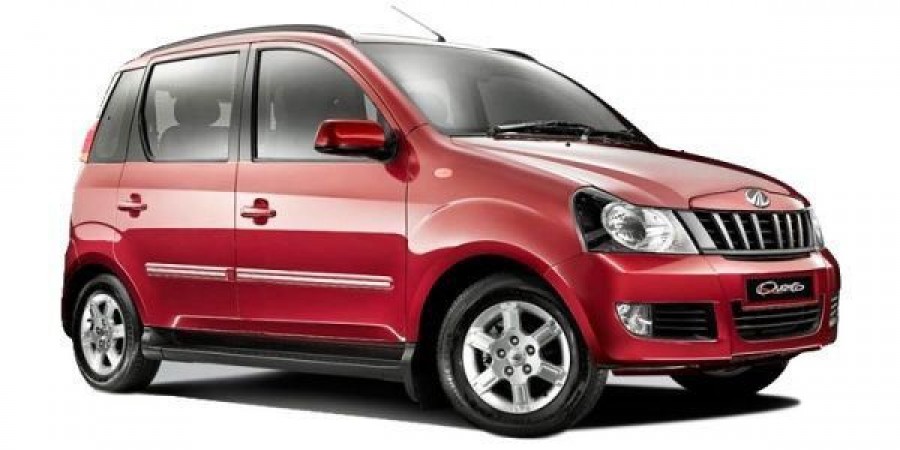
The Indian automobile market is renowned for its dynamism and diversity, with numerous brands vying for attention and dominance. Over the years, several cars have made headlines with their promising features and aggressive marketing campaigns, only to falter when it came to actual sales and consumer satisfaction. Despite their initial hype and anticipation, these cars ended up as mere footnotes in the annals of automotive history, earning the dubious distinction of being labeled as super flop cars. Let's delve into some of these notable examples.
Maruti Suzuki, a dominant force in the Indian car market, introduced the Versa with much fanfare in 2001. Marketed as a spacious and versatile multi-purpose vehicle (MPV), the Versa aimed to cater to the needs of large Indian families. However, its boxy design, coupled with high pricing and lackluster performance, failed to resonate with consumers. Despite multiple attempts to rebrand and revamp the model, the Versa never gained traction and eventually faded into obscurity.
Touted as the world's cheapest car at the time of its launch in 2008, the Tata Nano promised to revolutionize personal transportation in India. With its compact size and affordable price tag, the Nano was positioned as a game-changer for millions of middle-class Indians aspiring to own a car. However, quality issues, safety concerns, and a series of setbacks, including factory relocation and supply chain disruptions, tarnished the Nano's image. Despite several facelifts and marketing efforts, the Nano failed to capture the imagination of Indian consumers, leading to its eventual discontinuation in 2018.
In an era marked by growing environmental consciousness and rising fuel prices, Mahindra Reva, an electric car manufacturer, aimed to carve a niche for itself in the Indian market. The Reva, an all-electric compact car, promised zero emissions and low operating costs, making it an attractive proposition for eco-conscious urban commuters. However, limited range, lack of charging infrastructure, and apprehensions regarding battery life hindered the widespread adoption of electric vehicles in India. Despite efforts to promote electric mobility, the Reva failed to gain widespread acceptance and struggled to make a significant impact.
General Motors entered the Indian MPV segment with the Chevrolet Enjoy in 2013, hoping to capitalize on the country's growing demand for family-oriented vehicles. Positioned as a spacious and affordable MPV, the Enjoy aimed to compete with established players like the Toyota Innova and Maruti Ertiga. However, uninspiring design, subpar build quality, and stiff competition from rivals thwarted the Enjoy's prospects in the market. Despite price revisions and marketing initiatives, the Enjoy failed to resonate with Indian consumers, leading to its eventual discontinuation.
The Ford Fiesta Classic, an iteration of the popular Fiesta sedan, failed to make a mark in the fiercely competitive Indian sedan market. Despite its reputation for driving dynamics and solid build quality, the Fiesta Classic faced stiff competition from both domestic and international players. Moreover, the lack of significant updates and advancements compared to its rivals rendered the Fiesta Classic less appealing to discerning Indian consumers. Despite efforts to position it as a value-for-money proposition, the Fiesta Classic failed to garner widespread attention and gradually faded from the Indian automotive landscape. While these cars may have initially generated buzz and excitement with their innovative features and ambitious marketing strategies, they ultimately fell short of expectations in the Indian market. Whether due to pricing issues, quality concerns, or stiff competition, these super flop cars serve as cautionary tales for automakers seeking success in one of the world's most dynamic automotive landscapes.
BMW brings electric car worth Rs 1.19 crore, will give range of 516 kilometers
What is the use of airbags, is it really difficult to identify real and fake?